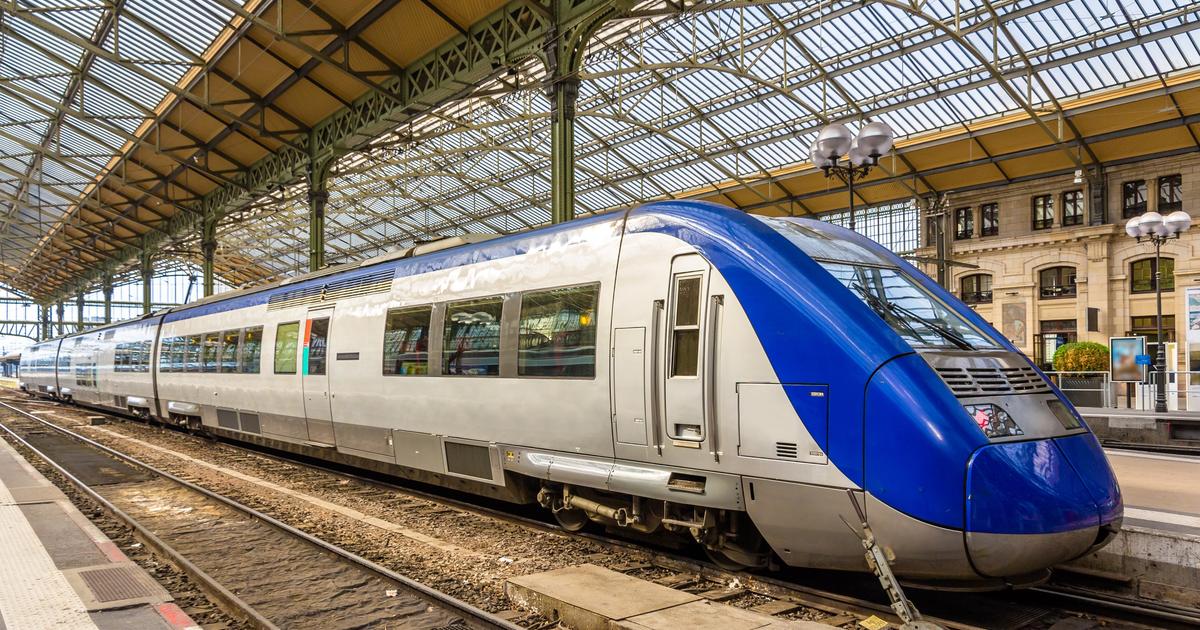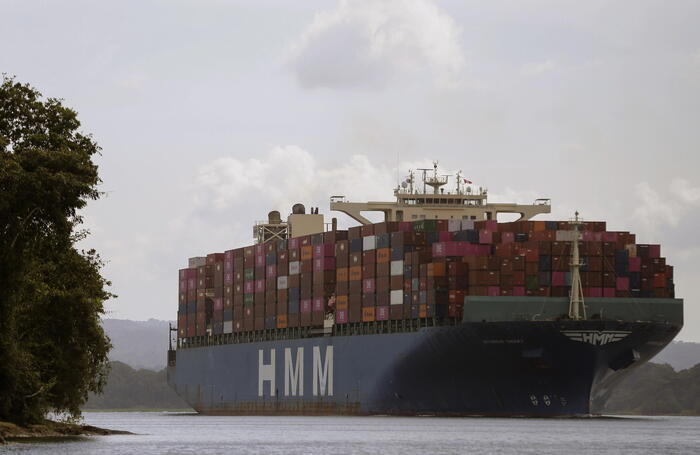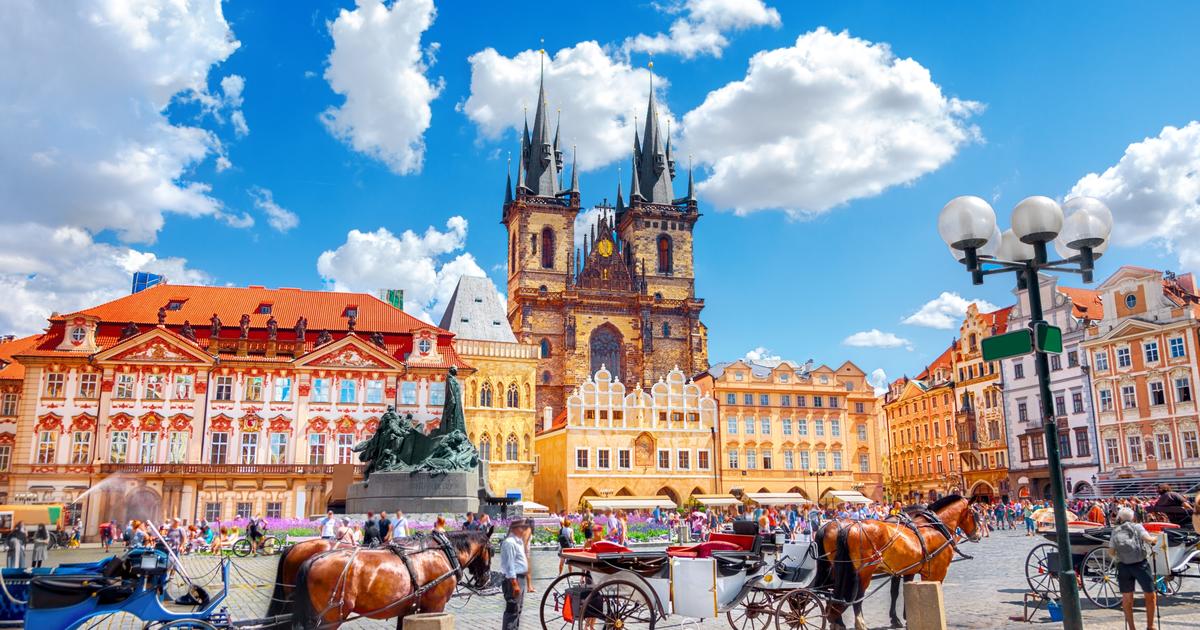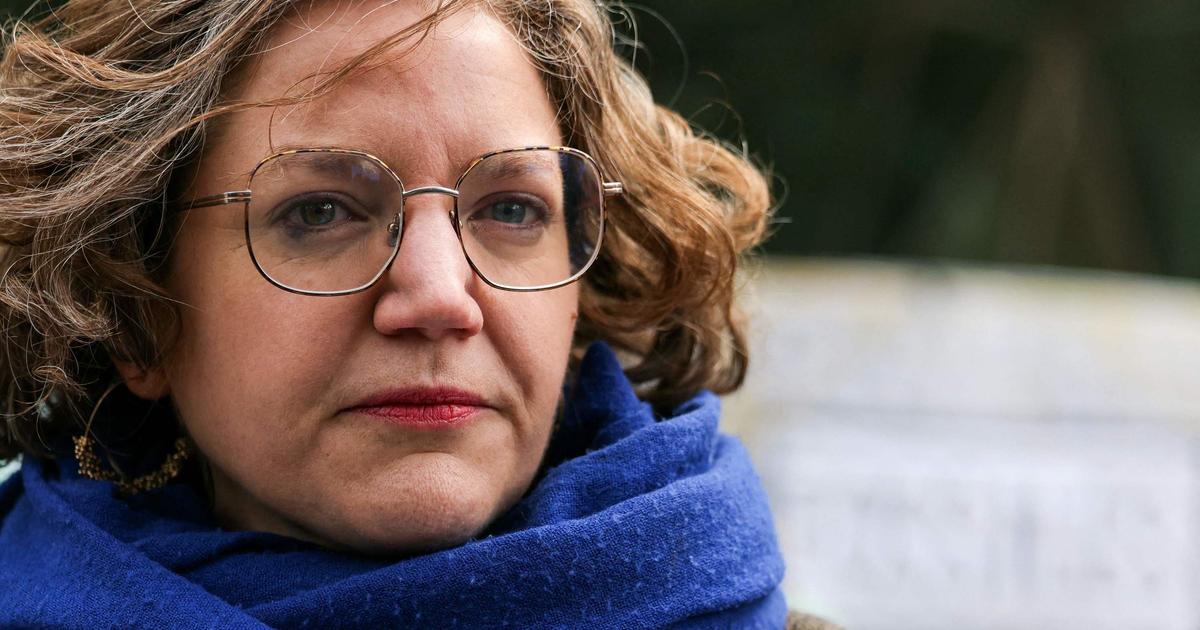“It's one of the best ideas we've ever had
,” boasted German Chancellor Olaf Scholz in August about the “9-Euro-Ticket”.
This experimental pass allowed unlimited use of all regional and local transport in the country from June to September.
And it has undoubtedly found its audience: 52 million tickets have been sold, not counting the 10 million subscription holders who have benefited from the discount.
The measure, which cost the state 2.5 billion euros, was as much about relieving Germans' wallets as it was about boosting green transport during the energy crisis.
According to the German statistics service, train use jumped by 42% this summer compared to the summer of 2019. And despite often chaotic transport conditions due to the saturation of infrastructure, the rate of user satisfaction has pranced at 88%, according to a poll by German transport lobby VDV.
Read also
Here are the best rail passes for traveling across Europe (and the world)
In Austria, where the idea was born, the Klimaticket is celebrating its first year with a bang.
Since October 2021, nearly 170,000 Austrians have subscribed to this subscription at 3 euros per day when the eco-conservative government was hoping for 120,000.
The example is being emulated and Spain has been tempted in turn: 500,000 people have already requested their pass for free access to regional and suburban trains managed by Renfe, from September to January.
The measure therefore seems ideal for responding to both the challenges of the end of the month and the end of the world.
However,
“attractive pricing cannot do everything,”
says Neil Makaroff, in charge of European policies at the Climate Action Network (RAC).
It is also necessary that the investment in the infrastructures is with the height to guarantee a mesh, a frequency and a sufficient level of service.
In France, the RAC estimates, for example, that there would be a lack of 3 billion annual investments to guarantee an efficient rail system.
Germany invests an average of 77 euros per inhabitant in its rail network: more than France (44 euros), but much less than Austria (218 euros).
But it is on the actual drop in road traffic that the climate ticket comes up against the most.
According to the VDV survey, 20% of “9-Euro-Ticket” users had never taken public transport before, and 27% only occasionally.
On the other hand, 10% of them indicated that they had gone without their car at least once a week thanks to this subscription.
In total, VDV estimates that the measure saved 1.8 million tonnes of CO2.
More proximity
However, the German statistics service has not noted a significant drop in road traffic, concluding rather
"a general increase in travel"
rather than a real transfer from car to train.
In Austria, the government also relies on a survey of users – 85% of respondents say they will do without their car – to deduce a positive effect, but without other supporting figures.
“At the present time, we do not know whether the quasi-free transport allows a modal shift. In any case, it is clear that this cannot be the only cause”
, advances Arnaud Passalacqua, co-president of the Observatory of free mobility.
Its experience is based on the observation of foreign examples but also on feedback from the 39 French municipalities that have chosen (virtually) free.
Same observation for Aurélien Bigo, author of a thesis on the energy transition of transport:
“In Europe, we support public transport a little but we support the individual car a lot
, he argues.
In this context, there can be no modal shift, or in a very limited way.”
To hope to put an end to the hegemony of the individual car, researchers recommend reducing speed in town and on the roads, reducing parking, but also, more generally, rethinking all lifestyles for more proximity: more teleworking, fewer shopping areas, etc.
Le Figaro
Society, health, environment, education, energy
» Discover the actors and initiatives of change

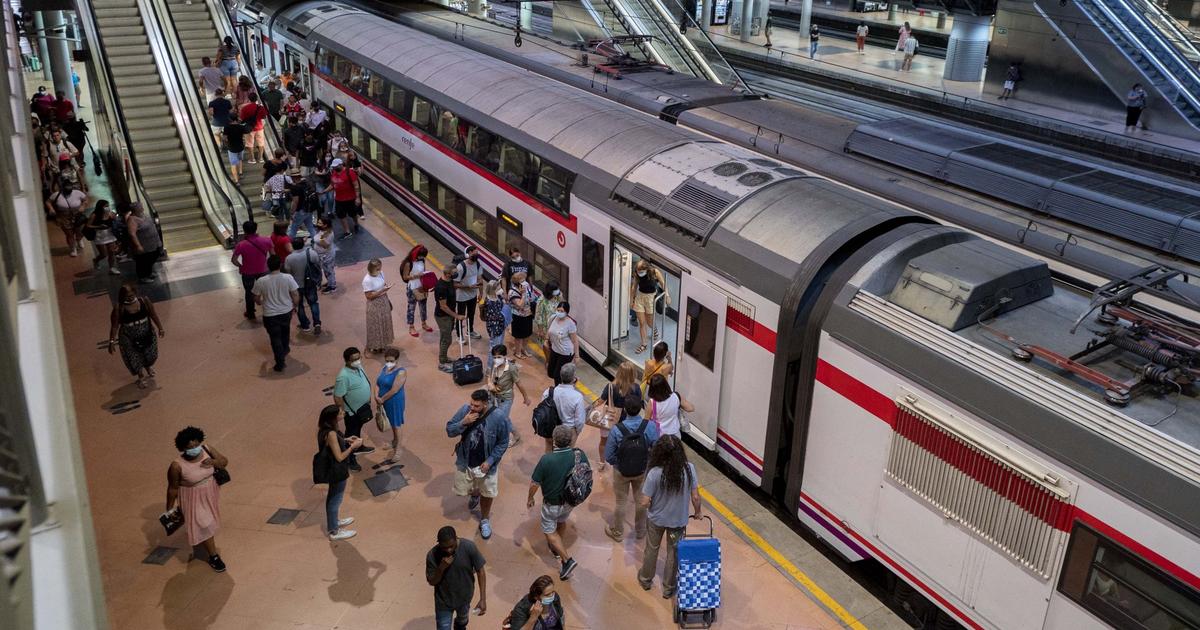
/cloudfront-eu-central-1.images.arcpublishing.com/prisa/NVICYEXN5FGNNGINGZUKRWHQJU.JPG)
